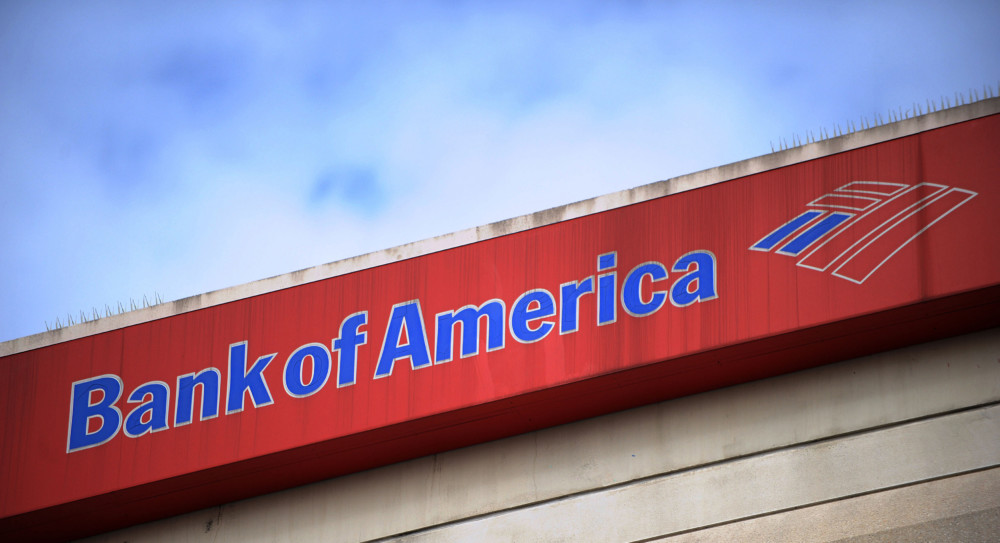By Anna M. Phillips and Samantha Masunaga
Los Angeles Times
WWR Article Summary (tl;dr) In the rush to get the “Paycheck Protection Program” up and running, there has been confusion about the terms of the loans and what information borrowers need to show to get them.
WASHINGTON
Small business owners across the country woke up early Friday morning, desperate to be among the first to apply for a $349 billion federal relief program, the government’s largest effort to date to keep Americans employed through the pandemic. Instead, they confronted problems and delays.
Some of the nation’s largest banks said they weren’t ready to participate, having received information too late from the Treasury Department. Others were overwhelmed, hit with a deluge of applications from millions of business owners trying to stay solvent amid the economic crisis caused by coronavirus-related shutdowns.
The loan program, known as the Paycheck Protection Program, was assembled by the Treasury Department and the Small Business Administration, with funding from the $2 trillion relief package agreed to by Congress and President Donald Trump last week. It depends on major banks and other lenders to provide small businesses with forgivable loans, up to $10 million, to cover their payroll.
But in the rush to get the program up and running, there has been widespread confusion about the terms of the loans and what information borrowers must give to obtain them. On Thursday, some banks had warned their customers to expect delays.
“Less than 24 hours before these loans are to be made available, our banks are still awaiting important guidance from the U.S. Treasury and Small Business Administration (SBA) on important implementation aspects relative to administering these loans,” Steve Andrews, president of the Western Bankers Association, said in a statement.
By Friday morning, it appeared that small banks were shouldering most of the work while large ones were struggling.
Treasury Secretary Steven T. Mnuchin tweeted Friday afternoon that more than $875 million in loans had been processed “almost all from community banks.” Big banks were taking applications, he wrote, and would submit them shortly. Two hours later, the loan total had risen to $1.8 billion.
Bank of America was one of the few large financial institutions accepting loan applications Friday morning, but its policy of taking applications first from customers with existing loans meant that some of its long-time account-holders were shut out.
Mark Comon, owner of Paul’s Photo in Torrance, Calif., said he had been banking with Bank of America for 30 years. Yet when he logged onto the bank’s website early in the morning, he was told he couldn’t apply for a loan because he’d never borrowed money from Bank of America before.
Before the pandemic struck, Comon’s camera store had 18 employees and did about $10,000 worth of business on a normal day. Now that his doors are closed and he’s relying primarily on phone and online orders, he’s had to lay off all but five people. On Monday, he made $111.
Comon said he needed a loan so he could do exactly what members of Congress and the president have said they want small business owners like him to do, hire back all of his employees. Now he’s not sure if he’ll be able to pay rent.
buy sildenafil online www.mobleymd.com/wp-content/languages/new/sildenafil.html no prescription
“We were looking forward to having this loan so we could start to rebuild the business and survive,” he said. “Being denied access to the money is a death sentence for our small business.”
In an interview on CNBC, Bank of America Chief Executive Brian Moynihan said the company had received 10,000 loan applications by Friday morning and was giving priority to current borrowers because it could process their applications quickly. “Then, our second priority will be the customers who have the core operating accounting with us,” he said.
Rodney Ramcharan, professor of finance at the University of Southern California’s Marshall School of Business, said that banks protect themselves from risk by favoring businesses that have existing loans or credit cards. They have already combed through these borrowers’ finances, he said, making it safer to lend.
But that leaves out customers like Edward Mostel, a cardiologist in Palm Beach, Fla., who is struggling to keep his practice open. Even as the number of people with the virus has surged in Florida, his clinic’s 32 employees have continued to see patients, mindful that if they close to protect their health, their most seriously ill patients would have no choice but to go to an emergency room.
Yet on Friday morning, Bank of America told Mostel that he wasn’t eligible for a loan.
“I give Congress credit for acting so quickly, but it’s a very frenetic and chaotic setup,” he said. “If I can’t get some support from the federal government, there’s a great chance we’ll have to furlough people. And all because we’ve been too conservative in not taking out loans.”
___
Distributed by Tribune Content Agency, LLC.














































































































































































































































































































































































